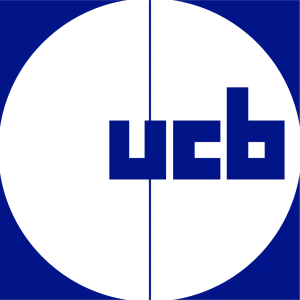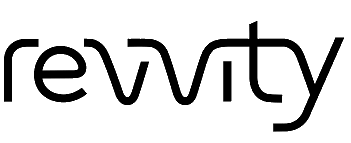Thymidine Kinase 2 Deficiency (TK2d) is a rare genetic disorder that disrupts mitochondrial DNA replication, leading to a deficiency in cellular energy production. Primarily affecting the muscles and nervous system, TK2d presents symptoms such as muscle weakness, motor delays, and respiratory issues. The condition arises from mutations in the TK2 gene, which encodes an enzyme essential for mitochondrial DNA synthesis. Management focuses on supportive care, with research ongoing into potential targeted therapies to address the underlying metabolic dysfunction.
Genetic testing is crucial for diagnosing Thymidine Kinase 2 Deficiency (TK2d), as it allows for the identification of mutations in the TK2 gene, which are responsible for the condition. This testing confirms the diagnosis in patients presenting with symptoms like muscle weakness and respiratory difficulties. Furthermore, it assists in differentiating TK2d from other mitochondrial and neuromuscular disorders, ensuring appropriate management and treatment strategies are applied. Genetic testing also facilitates genetic counseling by determining the risk of inheritance for family members.
What is the Program?
In partnership with UCB, this No-Cost Genetic Testing Program is available to individuals with a suspected or clinical diagnosis of Thymidine Kinase 2 Deficiency (TK2d) is a rare, inherited, and debilitating myopathic mitochondrial disease that is often fatal and can present at any age. It is a mitochondrial DNA depletion disorder.
Candidates for TK2 testing (Test 12029):
Candidates for larger panel testing (Test 12031) must have both criteria above for TK2 testing. In addition candidates must have:

Collect a blood specimen in the collection tube. For information on ordering specimen kits, see Specimen Collection and Shipping section.
Program Information
The sponsored testing program offers no-cost genetic testing to individuals suspected of having Thymidine Kinase 2 Deficiency (TK2d), a rare mitochondrial condition.
Patients with clinical features suggestive of TK2d, including muscle weakness and respiratory difficulties, are eligible, especially if they haven’t had previous genetic testing for this condition.
The program provides a test that includes full gene sequencing for the TK2 gene, which is crucial in diagnosing TK2d.
Healthcare providers can order test kits through the program’s online portal or by filling out a requisition form available on this page.
Results are typically processed and returned to the healthcare provider within approximately 21 days after the laboratory receives the specimens.
Early and accurate diagnosis through this testing can help in managing symptoms, planning treatment strategies, and providing better overall care for patients with TK2d.

UCB, Brussels, Belgium is a global biopharmaceutical company focused on the discovery and development of innovative medicines and solutions to transform the lives of people living with severe diseases of the immune system or of the central nervous system. With approximately 9,000 people in approximately 40 countries, the company generated revenue of €5.3 billion in 2023. UCB is listed on Euronext Brussels (symbol: UCB).



